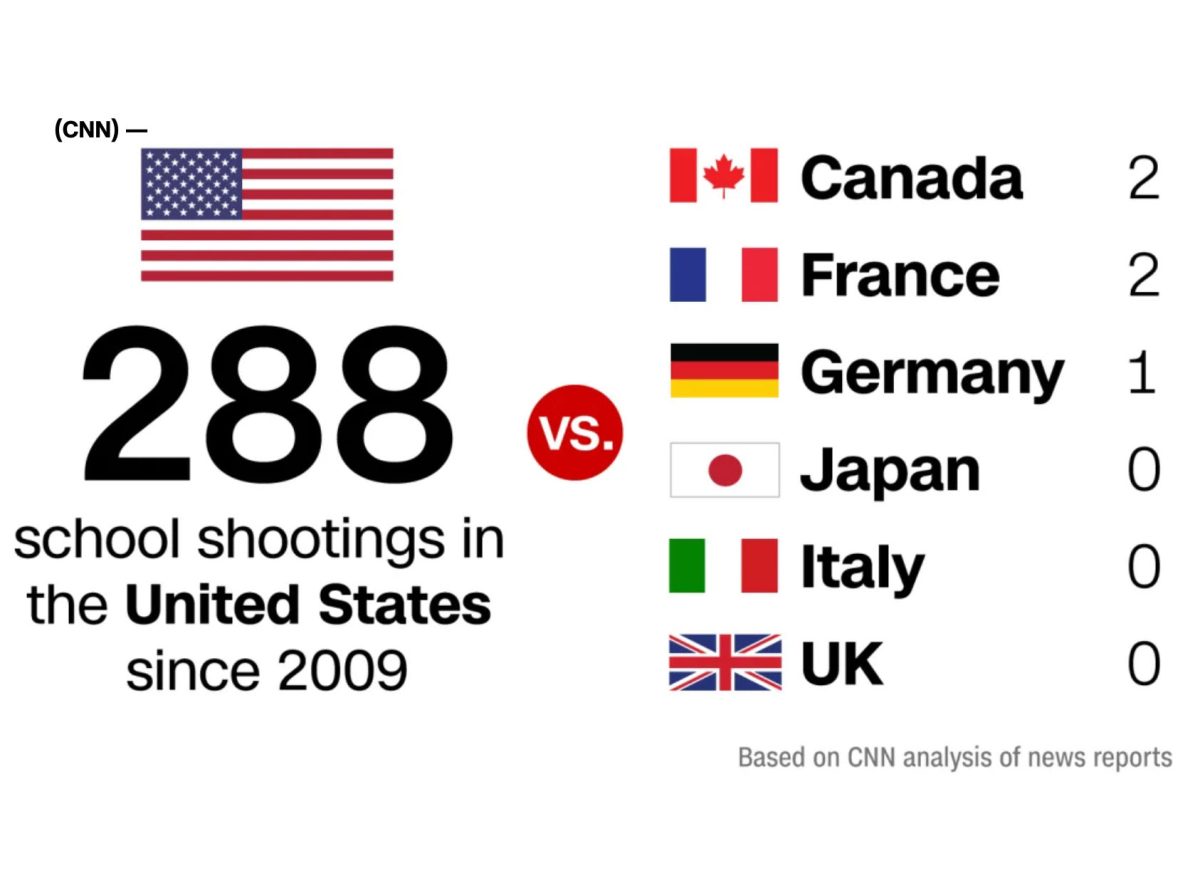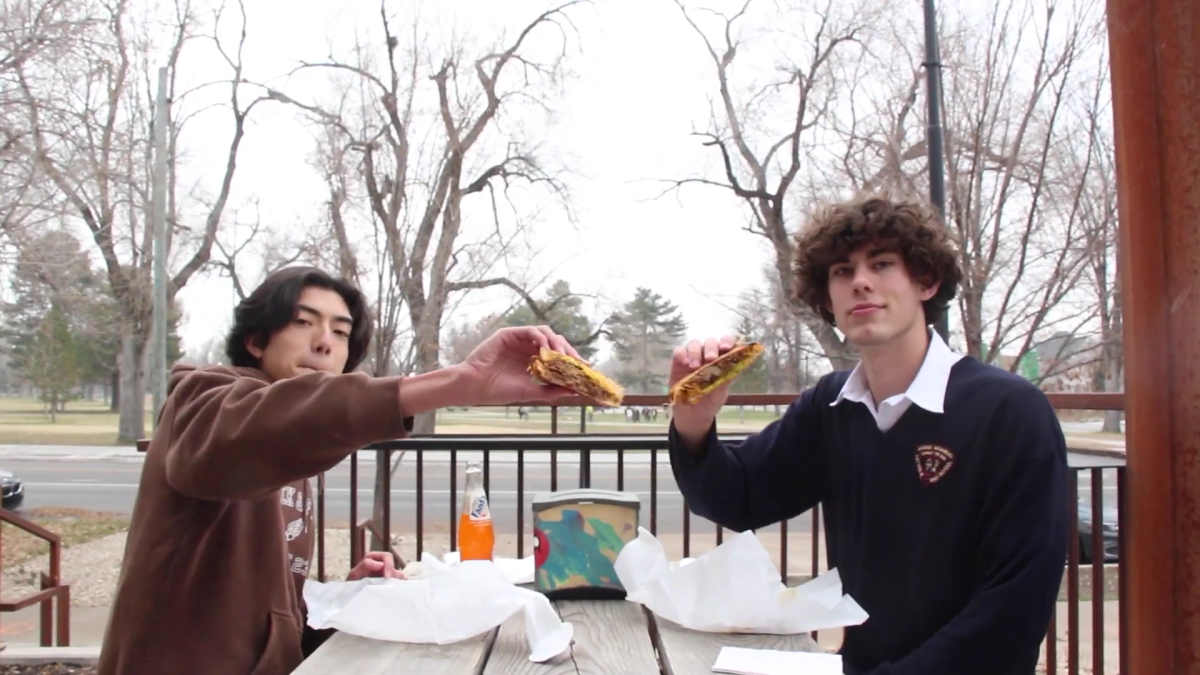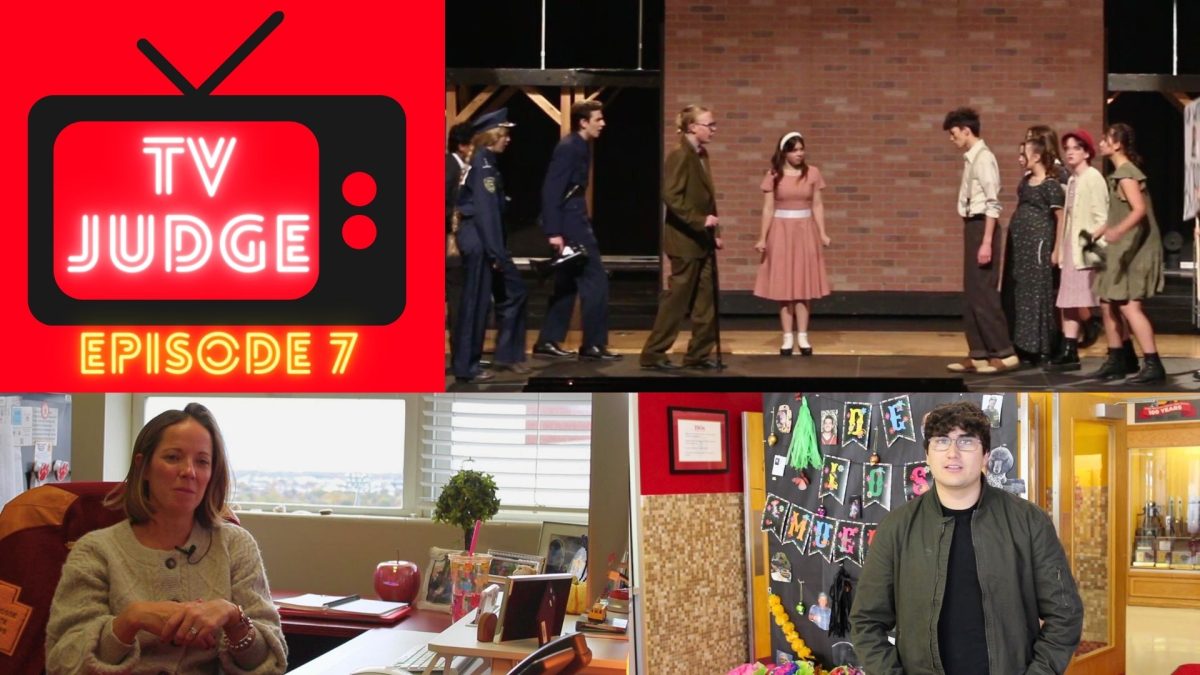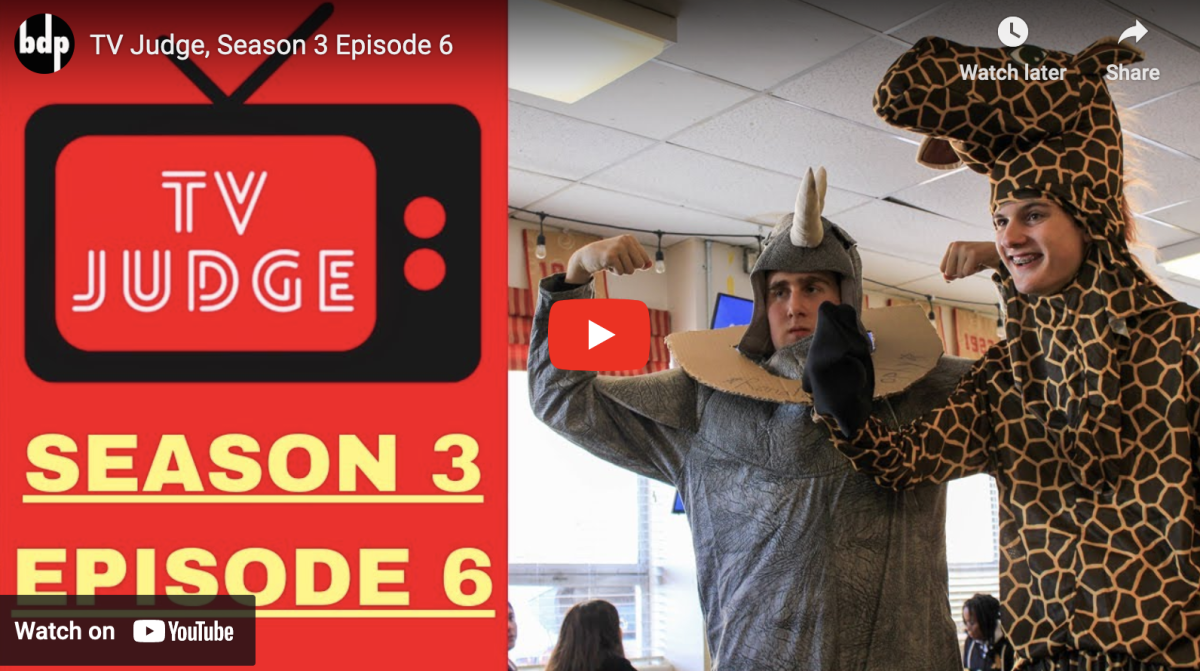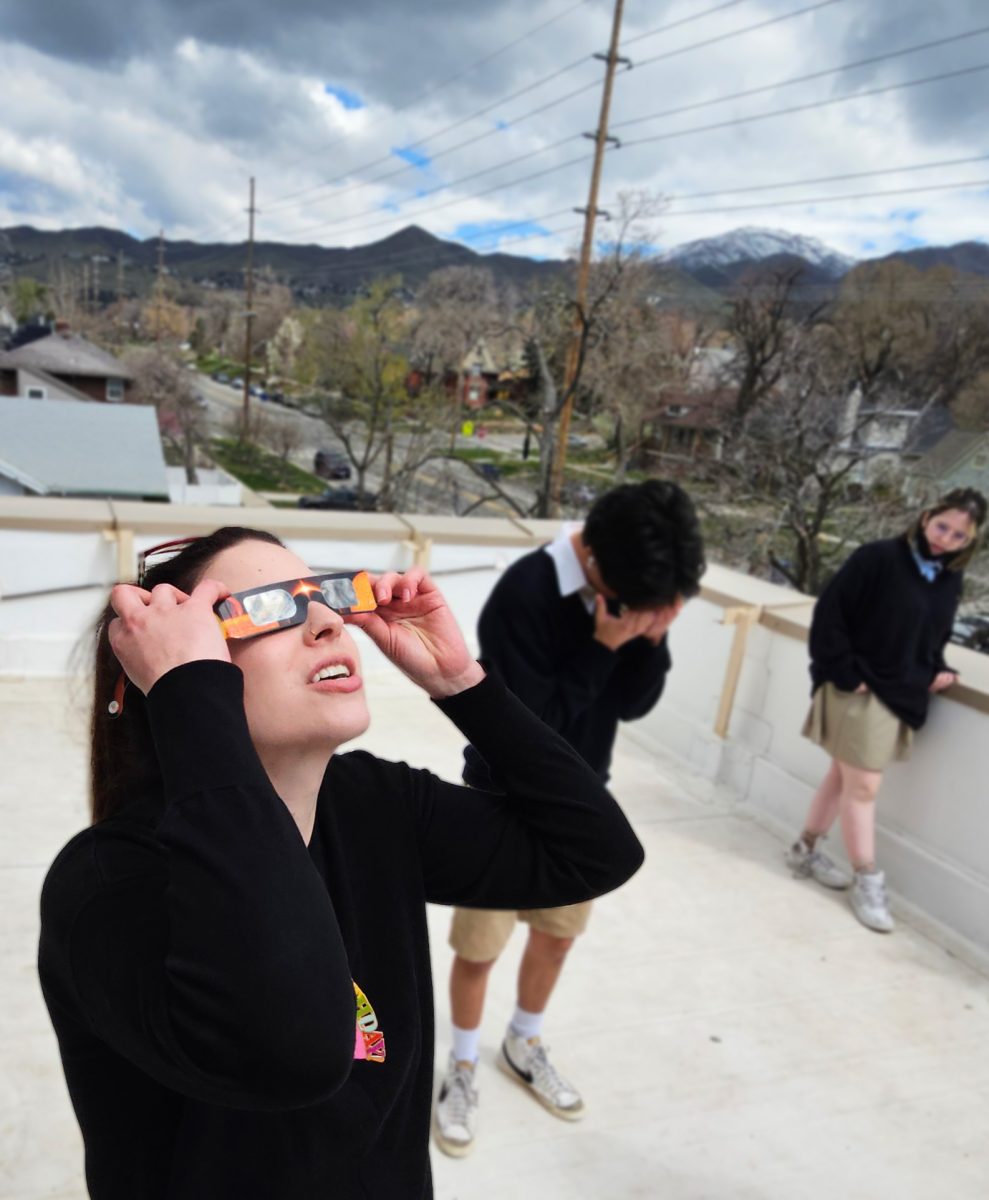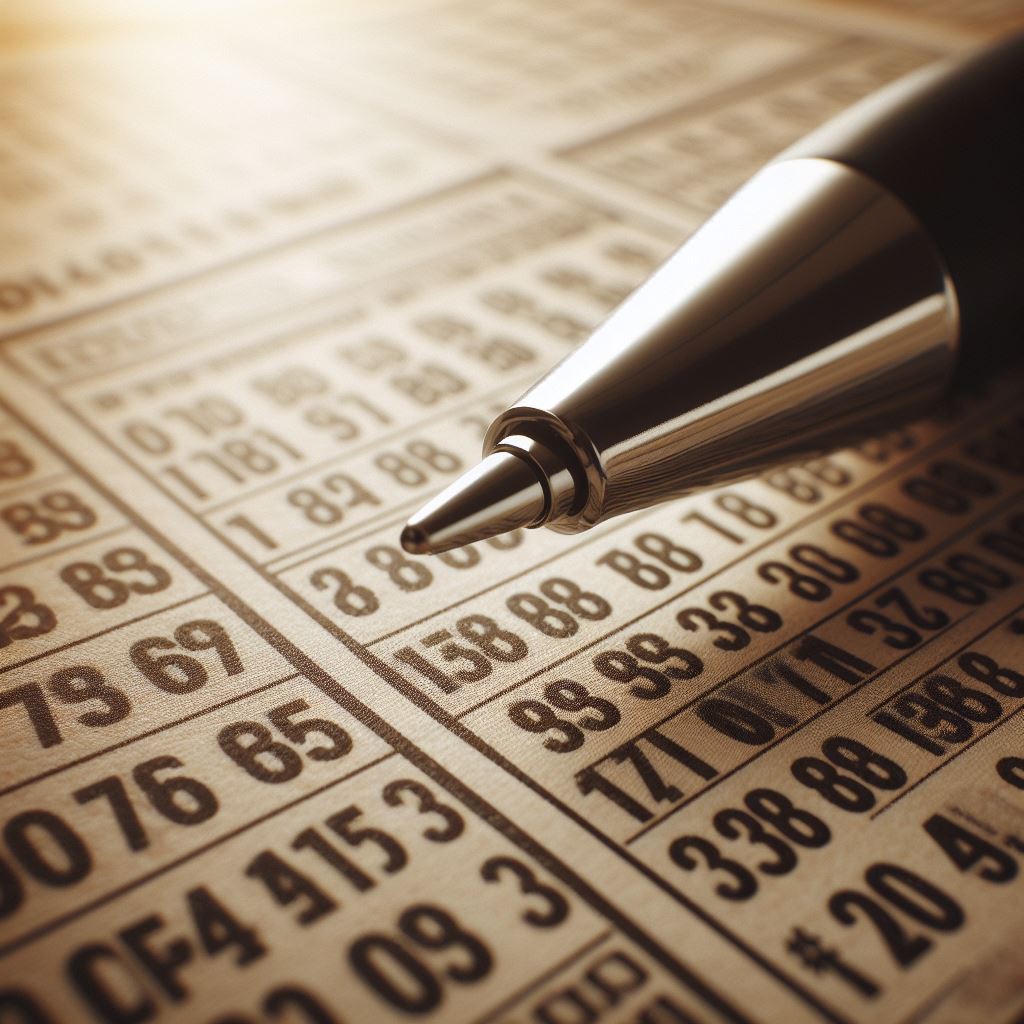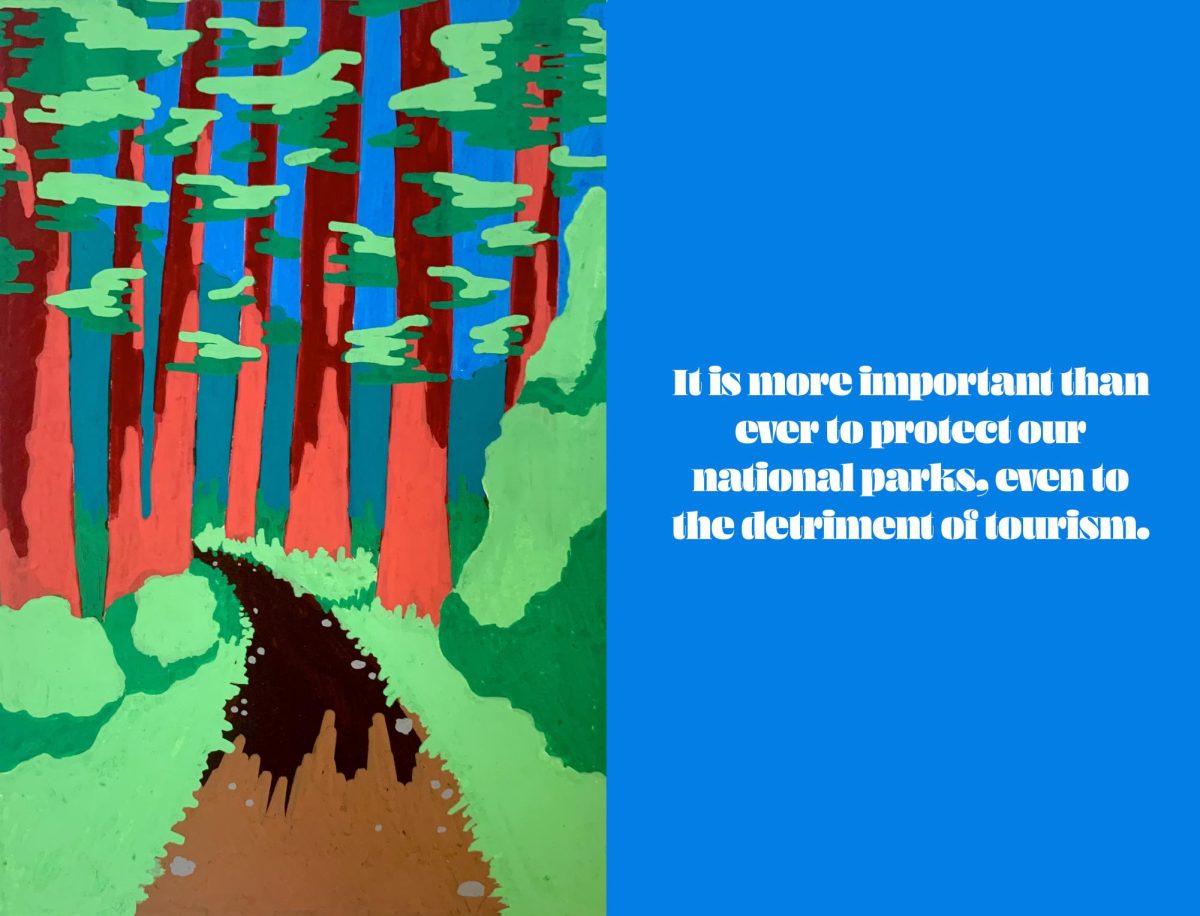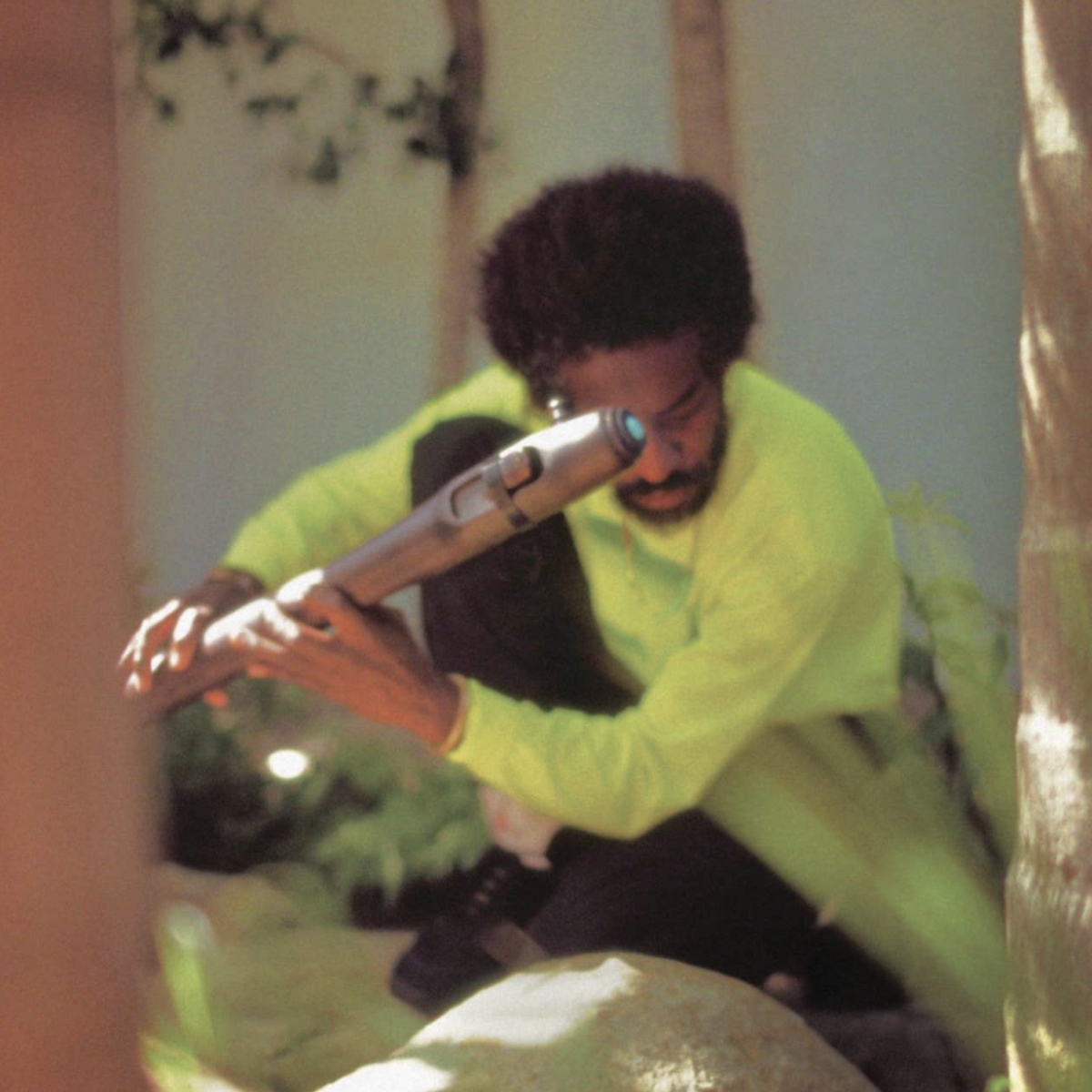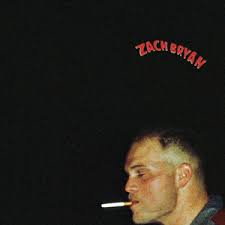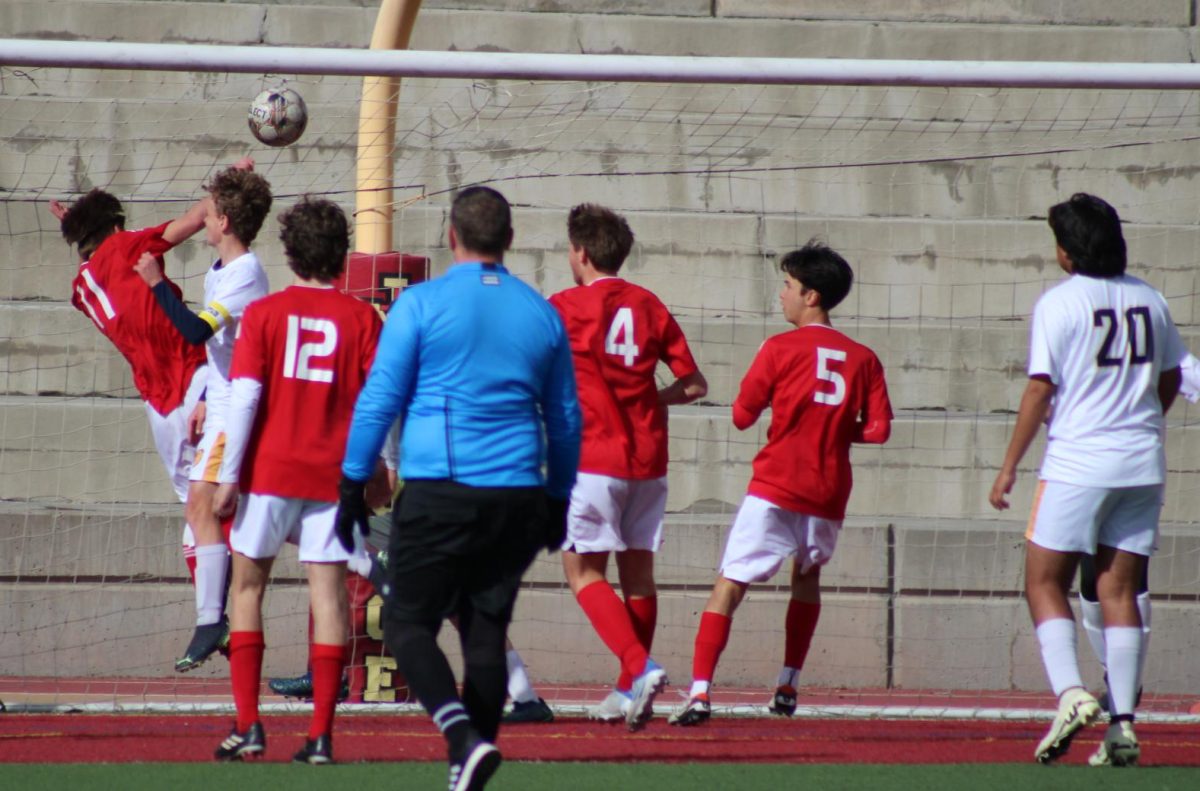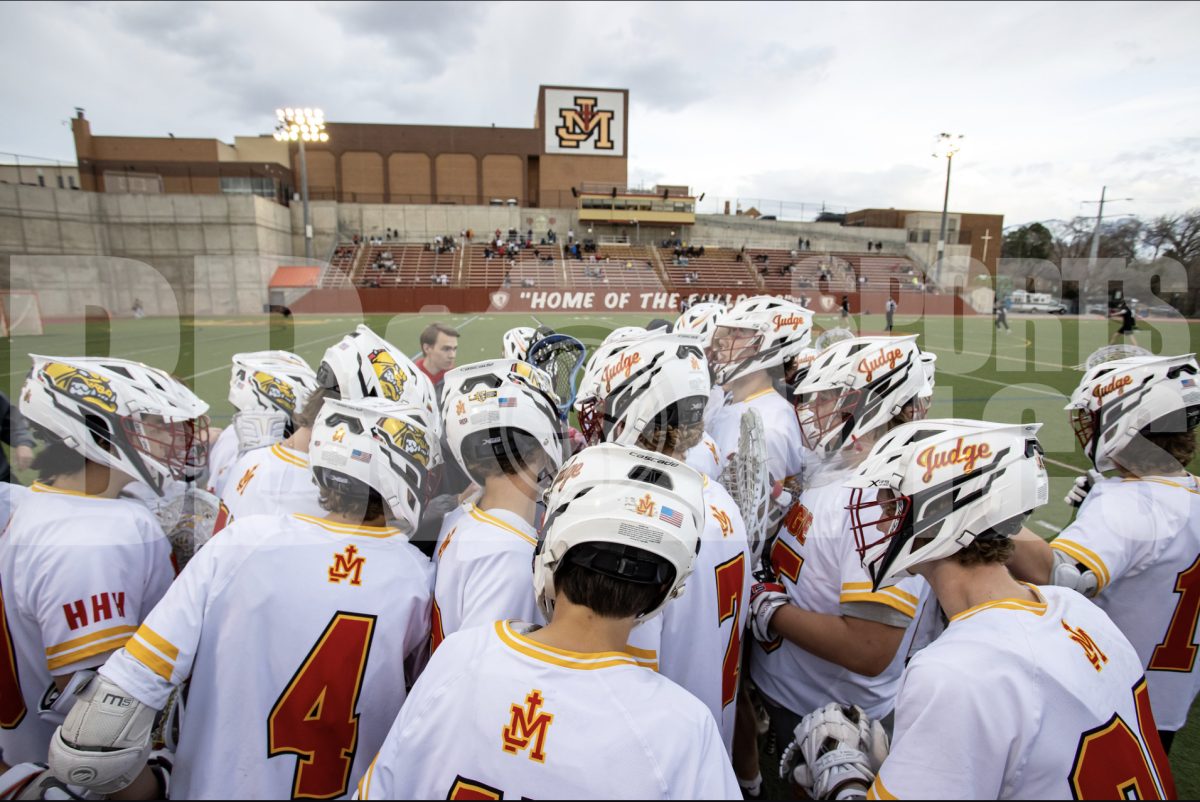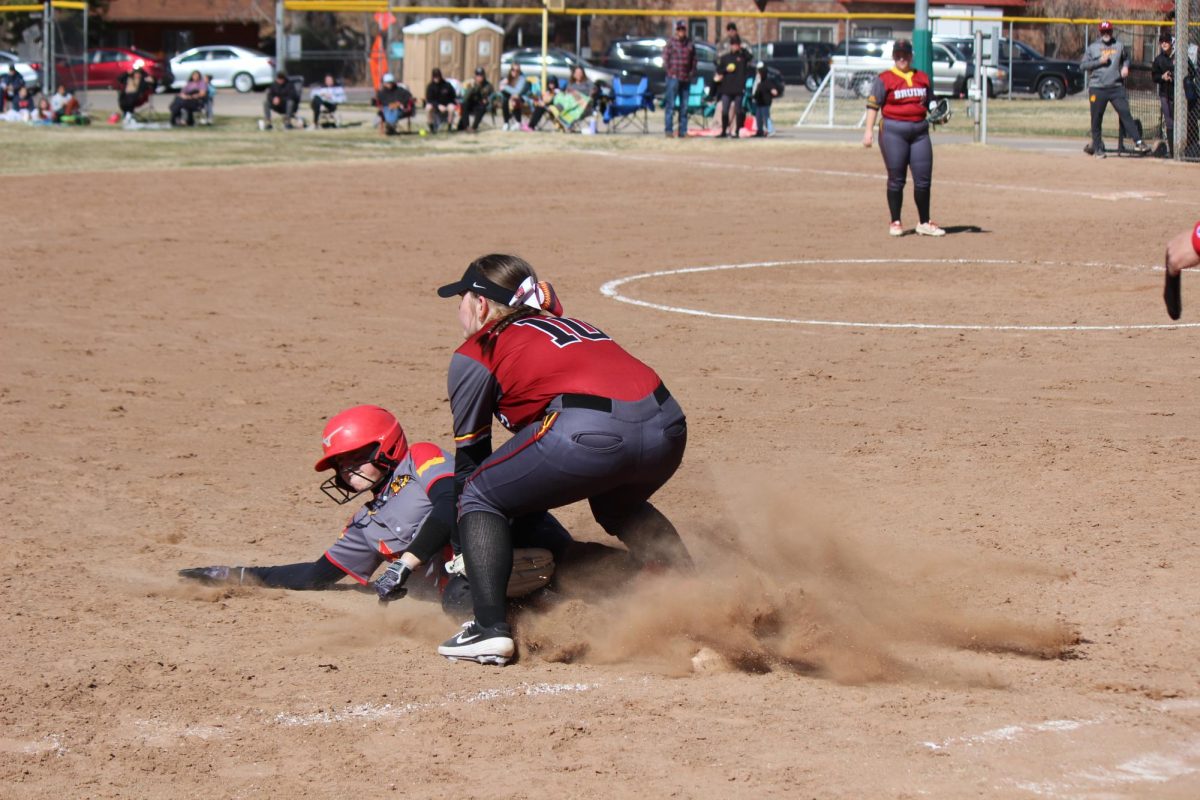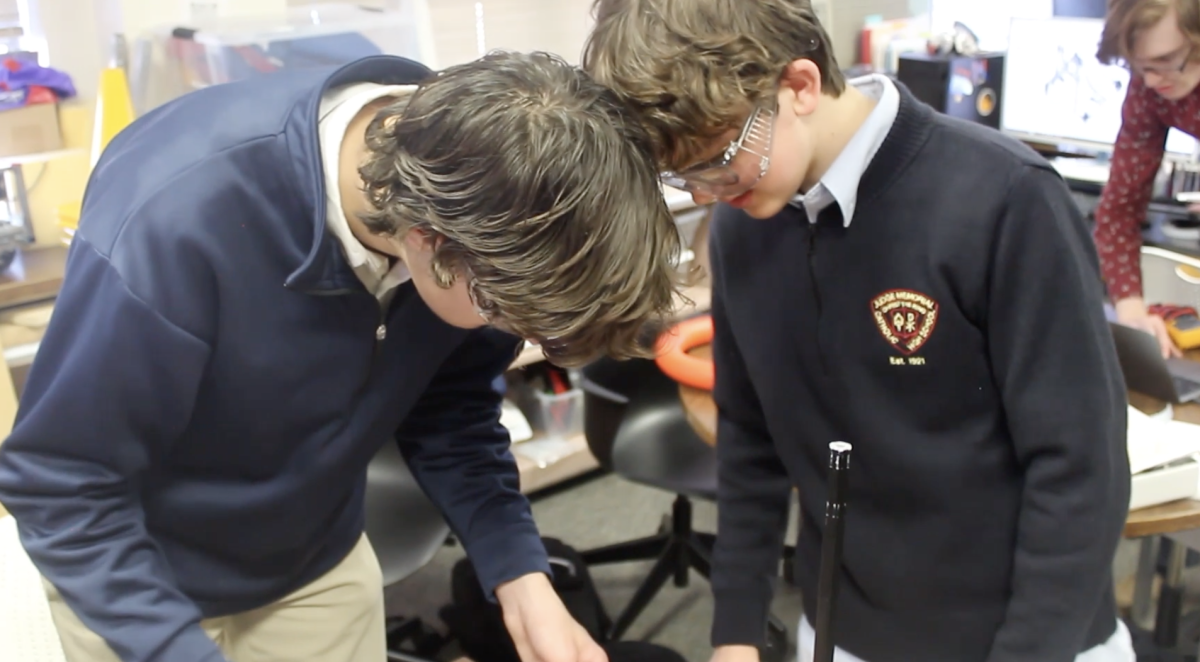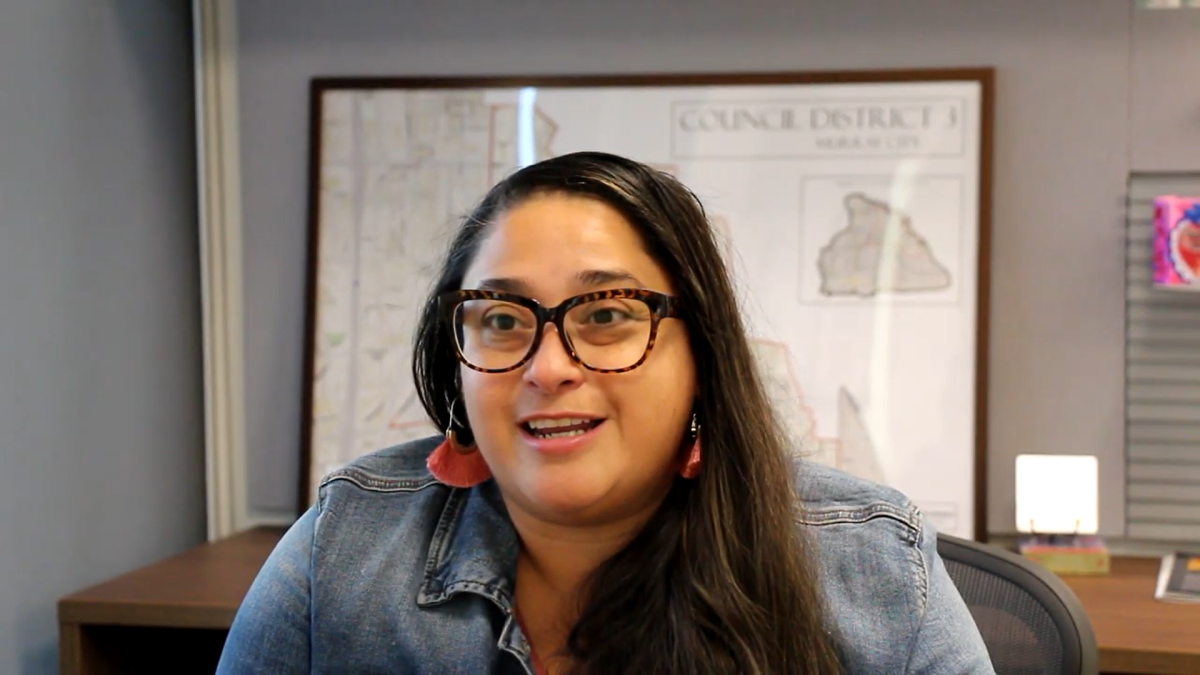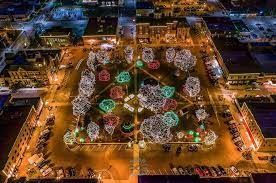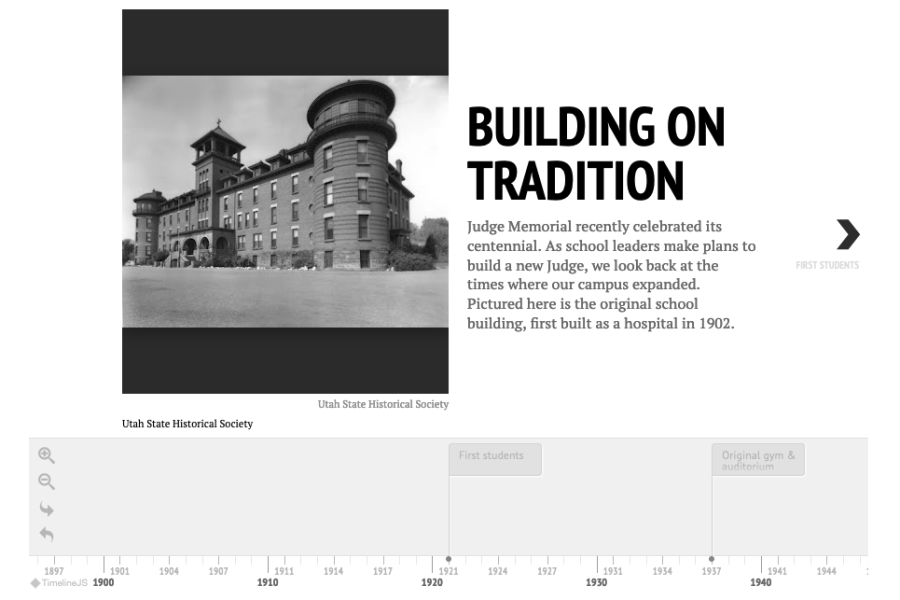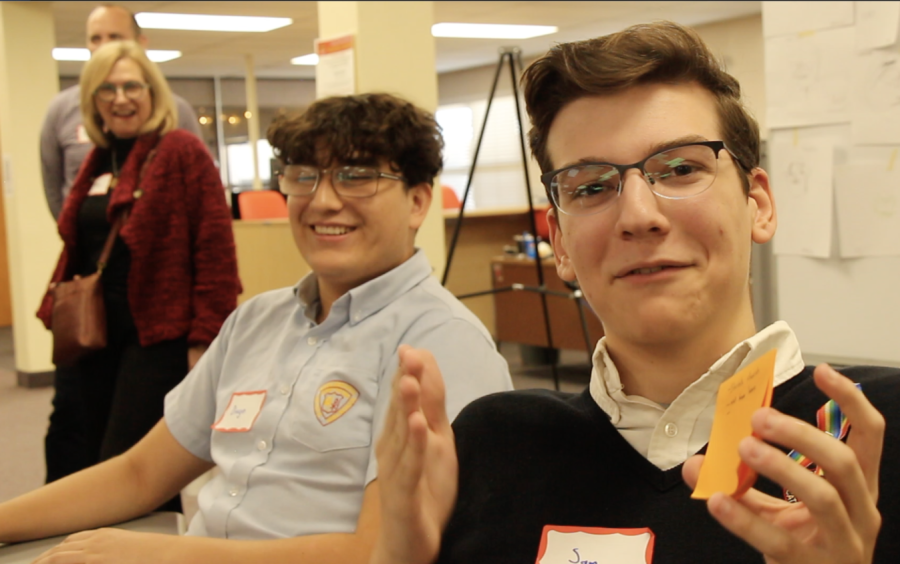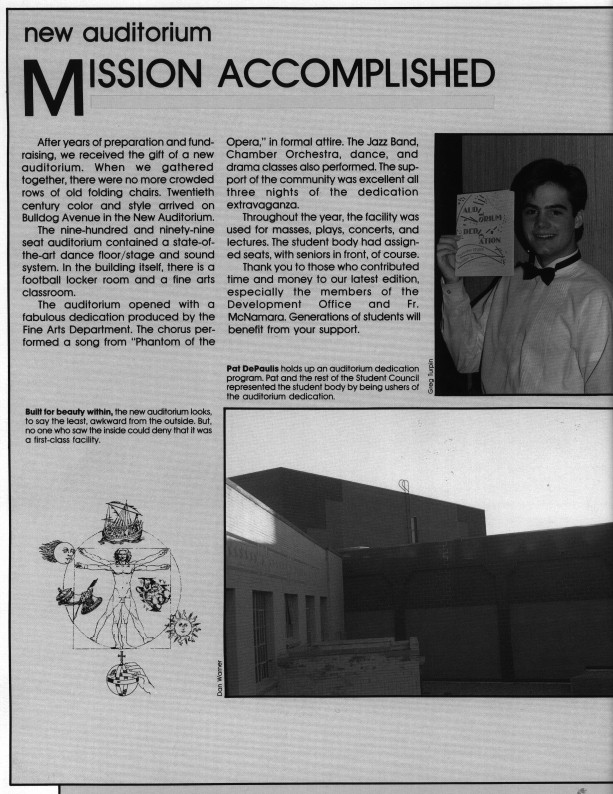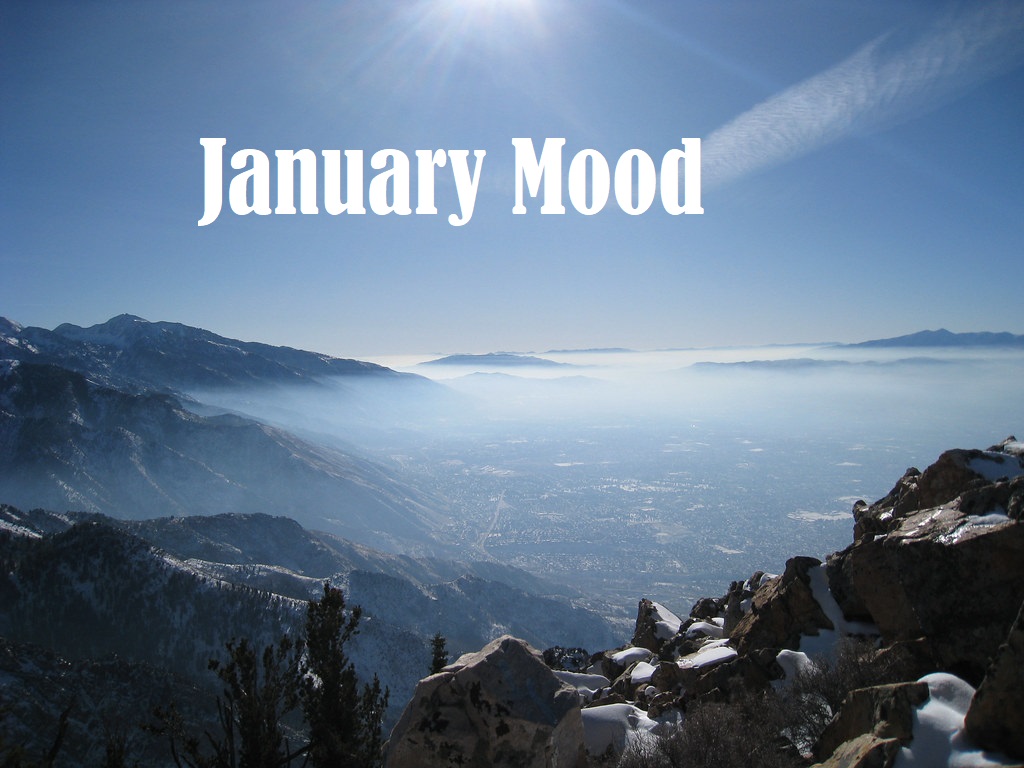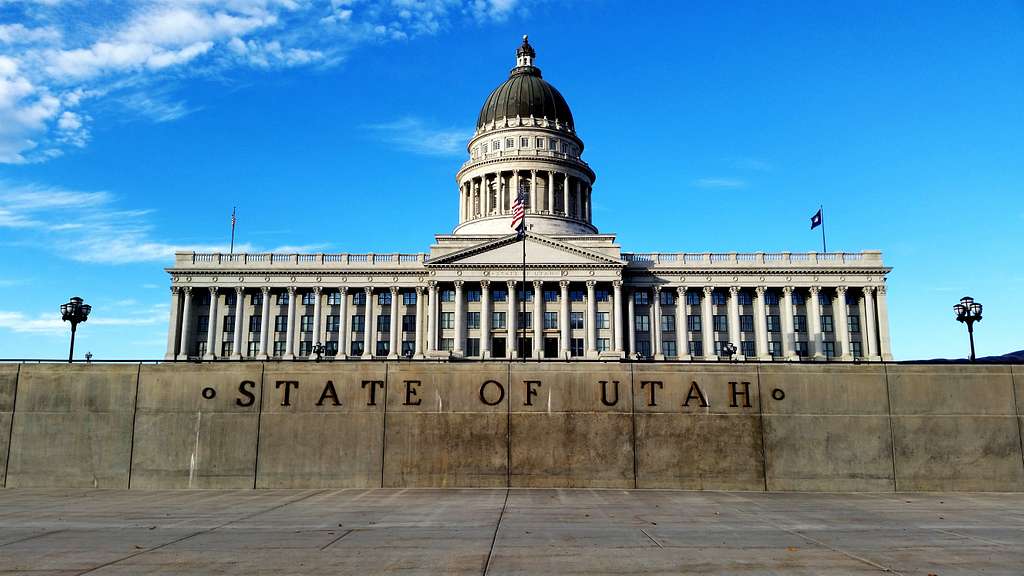This year Utah had the possibility of getting a lottery. Representative Kera Birkeland of Morgan was at the head of this proposal. She believed that the state should allow Utah voters to decide if they want a lottery, not just those in power.
“I think the people of Utah want it and I think representation matters, so I trust they will do what their constituency wants. Maybe I’m wrong.” She went on to say that her goal in making the proposal was to help lower the burden of property taxes.
As it stands, Utah is one of only five states that is without a lottery; the other four being Alabama, Alaska, Hawaii, and Nevada. Even more extreme, Utah is only one of two states with no legalized gambling of any kind. This is largely due to the strong influence of the LDS church which holds a strong belief against “games of chance.” In fact, Utah’s state constitution bans all “games of chance.”
The bill was extremely controversial, and there were many opposers. Lottery critics claim that lotteries exploit those that may be desperate for money, create compulsive gambling problems, and take advantage of human weakness for unrealistic dreams. They also point out ethical issues with the possibility of a lottery addiction.
While it is undeniable that lottery addictions are possible, it is also important to note that there are support groups, therapy, and various prescription drugs that can help to get over the addiction. The bottom line is this: lottery participation is 100% voluntary. While the dream of “striking it rich” isn’t realized for the majority, that’s an understood and accepted risk for those who choose to participate.
Lotteries nationwide create billions for local communities. According to the US Census Bureau, lotteries nationwide generated $95.6 billion and $26.9 billion after prize payouts and administration costs in 2021. Idaho alone netted $72.5 million out of $343 million in winnings, and Colorado netted $167.5 million of $733.8 million.
According to the Daily Herald, which is based in Provo, Utahns spend $200 million a year on lottery tickets out of state.
“Realizing how much people are already spending [on the lottery] outside our state,” Birkeland said, “It just seemed like: Well, if we really wanted to be serious about it we could just use that funding. We wouldn’t even have to ask anyone else to change their habits at all and we would have quite a large influx of money.”
The potential of a lottery in Utah would’ve brought an influx of hundreds of millions into Utah economies. But for it to pass, it needed ⅔ of support in both the House and the Senate, an outcome that was “not very high” according to Senate President Stuart Adams.
According to the Salt Lake Tribune, in 2021, 86% of Utah lawmakers were members of the LDS church. They also held 100% of the congressional seats and political offices.
“Mormon dominance is the most important fact about Utah politics, and it determines potential outcomes. People don’t talk about it, but that’s what it is,” said retired Utah journalist Rod Decker. Religion has a massive influence in Utah politics, and it is most likely why Utah’s stance on the lottery and gambling in general is so negative.
Even if the bill had managed to pass the house, it might have faced opposition in the senate, said the Daily Herald. President Stuart Adams of Layton believes that lotteries are “regressive” and “predatory” on low-income people. Governor Cox was also not in favor of the bill but admitted that his opinion didn’t hold much weight. “It’s a constitutional amendment, so it doesn’t matter what I think. The only say I would have is as a voter like everybody else.”
It is important to note that the proposed Utah lottery would not have legalized any other “games of chance” or gambling, the proposal specifically stated that only a state lottery would have been allowed. Utah’s 2024 legislative session was quiet on the possibility of a Utah lottery, with the bill ultimately not being addressed this year.
While the potential of a Utah lottery may never be “very high,” maybe Utah voters will one day pick the right numbers and strike Powerball.

